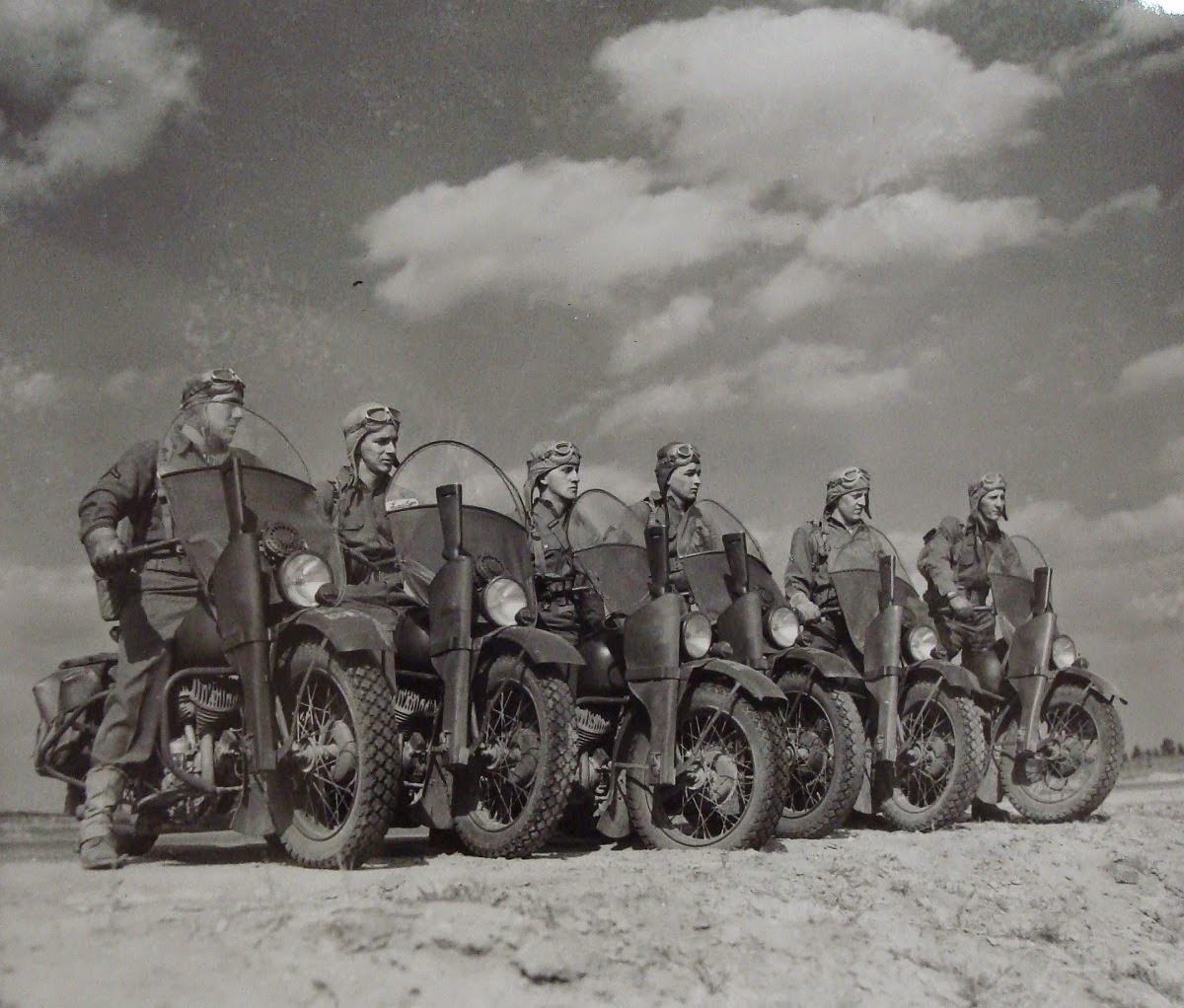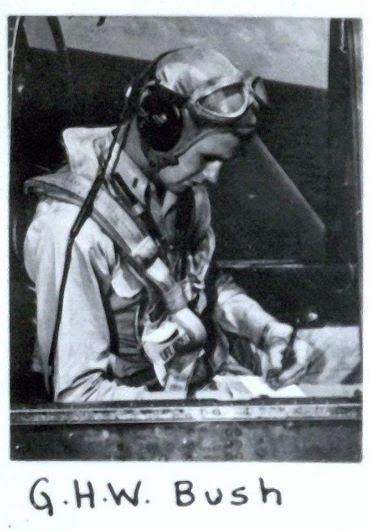October 2014 Dallas Police Shield
In December, 1977 there was a letter to the editor from a
B.W. Hallmon complaining that the City of Dallas was using public funds to buy
foreign made motorcycles for the DPD. He went on to say that since there was a
tremendous foreign deficit, that it would be best to spend money on American
made products. He was of course talking about the fact that the Dallas Police Department
would be riding Kawasaki’s, the first time since 1909 that the DPD had not been
riding Harley-Davidson’s.
Because of the questionable nature of 1970’s era AMF Harley-Davidson’s,
and the CHIP’s TV show, most of the police departments west of the Mississippi
River went to Kawasaki’s in the late 1970’s. East of the river, most stayed
with the Orange and Black since many were union towns. It was only in 2006 that
the DPD went back to Harley’s. Thank you.
On December 15, 1977 Christmas came early in the form of
five lieutenants were promoted to the rank of captain. They were Ray Hawkins,
Eugene Randell, Marvin Bullard, Jack Revill and Richard Horn. The article said
that the promotions of Revill, Horn and Hawkins stripped the Vice Unit where
they were all assigned as lieutenants. For Revill, it was the second time he
had been promoted to captain. In 1968 he resigned as a captain with the DPD to
go to the criminal investigation division with the DPS in Austin. He left the
DPS a year later to enter the private sector in Austin. He rejoined the DPD at
a lesser rank in 1974. Revill was picked by Chief Byrd to rebuild the narcotics
squad after it was rocked in 1975 by revelations that tainted evidence had been
submitted by some officers. In light of the discovery, the D.A. dropped more
than 100 drug cases.
In a DMN article from December, 1977 the headline was; “New
merit system to pit Dallas officers in raise contest.” Well, you know from the
tone of the headline that this program was doomed to failure. Or at least, I
don’t ever remember getting any benefit from any program such as this, although
I seem to remember sitting through an office visit with my supervisor as he went
over all of the standards that I was supposed to meet to get a merit raise.
Maybe I didn’t make the cut for an increase in pay, I don’t know!
In the 1970’s, the only way an officer could get a raise in
pay after the first three years or so, was to promote, and that was a one -time
thing, or hope that in October we got a cost of living raise, which most of the
time we did. The chiefs received some sort of bonus each year, if certain goals
were met, like (at one time the holy grail of performance evaluations) reduced “sick
time” of the officers that worked under them. It was only much later (1988) that
the Senior Corporal civil service rank happened, and the step raises that one would
hopefully receive every other year. In some salad years, you would get a cost
of living raise, then the step raise! There were also pay increases for working
different shifts, training and other programs. But this was later in the 80’s
and 90’s.
In late 1977 a preliminary draft was presented to the Chief Byrd
outlining how the merit system would work. Assistant City Manager Don Cleveland
said that when he arrived at the City three years before, he began working on a
plan to improve the pay structure in the DPD. He stated that he is still committed
to that, and will present it to the city council in January, 1978.
In January, the first evaluation forms would be sent out to
the stations, and Dallas officers would be “pitted” against each other for the
raises since only 30-80 percent of officers would receive a merit raise. In a statement
that warranted a paragraph all to itself, Chief Leslie Sweet stated that the
standard for tickets written had already been eliminated from the final draft. Chief
Byrd was expected to unveil the plan “to be used in part to determine “merit
pay raises to the troops soon.
Lt. Charles Burnley, president of the Dallas Police
Association stated that the merit pay plan would go into effect in January, 1979,
after the first year long evaluation period. The DMN wrote that the City stated
that theoretically, the incentive for a bigger raise will benefit the citizens
of Dallas with improved performance of its police officers.
The evaluation would be based on a point system. And right
off, if an officer had five or more sick days in one year, well you would be SOL.
But an officer could get points by excelling in physical
fitness, firearms proficiency with a pistol, shotgun safety, traffic safety, safety
on the job other than in a car, the number of sick days taken (less than five
of course) and any displinary action against the officer.
Other parts of the evaluation concerned “professional traits”
in which a supervisor would rate the officer in his or her “professional bearing”
in relationship to the community, dependability, overall safety practices, job
knowledge, judgment, attitude, initiative cooperation (?) and responsibility.
Whew!!
Finally the supervisor would rate the officer on his “job
performance” in which the officer would be graded either “satisfactory” “unsatisfactory”
“very good” or “outstanding.” Lt. Burnley told the DMN that the new evaluation
system was ‘developed by a bunch of patrol officers.”
But the question was I guess then as it would be now of
course, could it have been possible for “favoritism” to raise its ugly head in
a competition for a certain officer to receive a pay increase over say his
partner? Possibly…
Finally, plans were ongoing for the police and fire
departments to have one number to call for both of these services. It was
744-4444. This was before 911. Police and fire department officers said that
the 911 concept had been on the books for about five years, but the details had
not been worked out with Southwestern Bell telephone yet. So, this program will
be sort of a stop-gap until 911 could be a reality.














